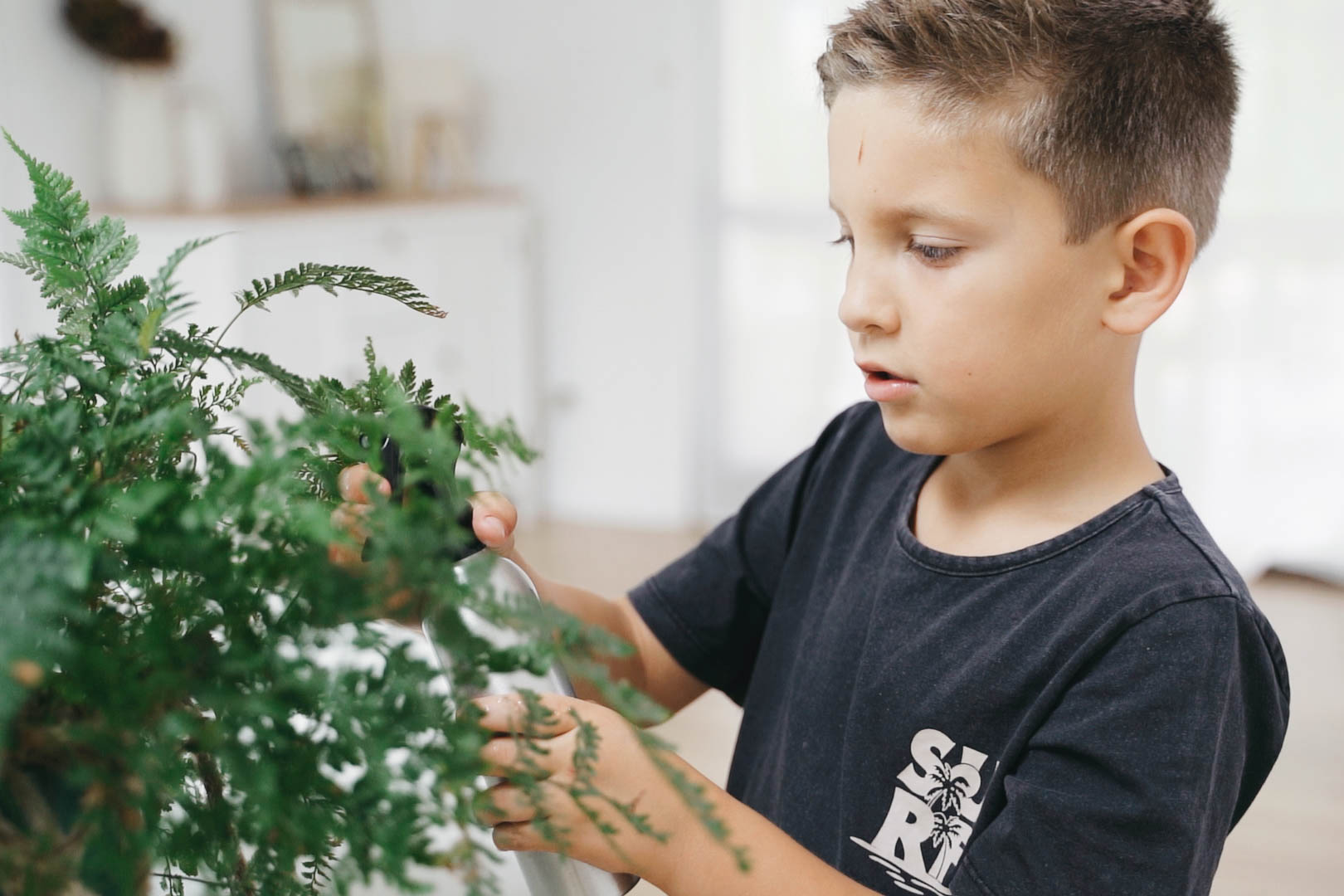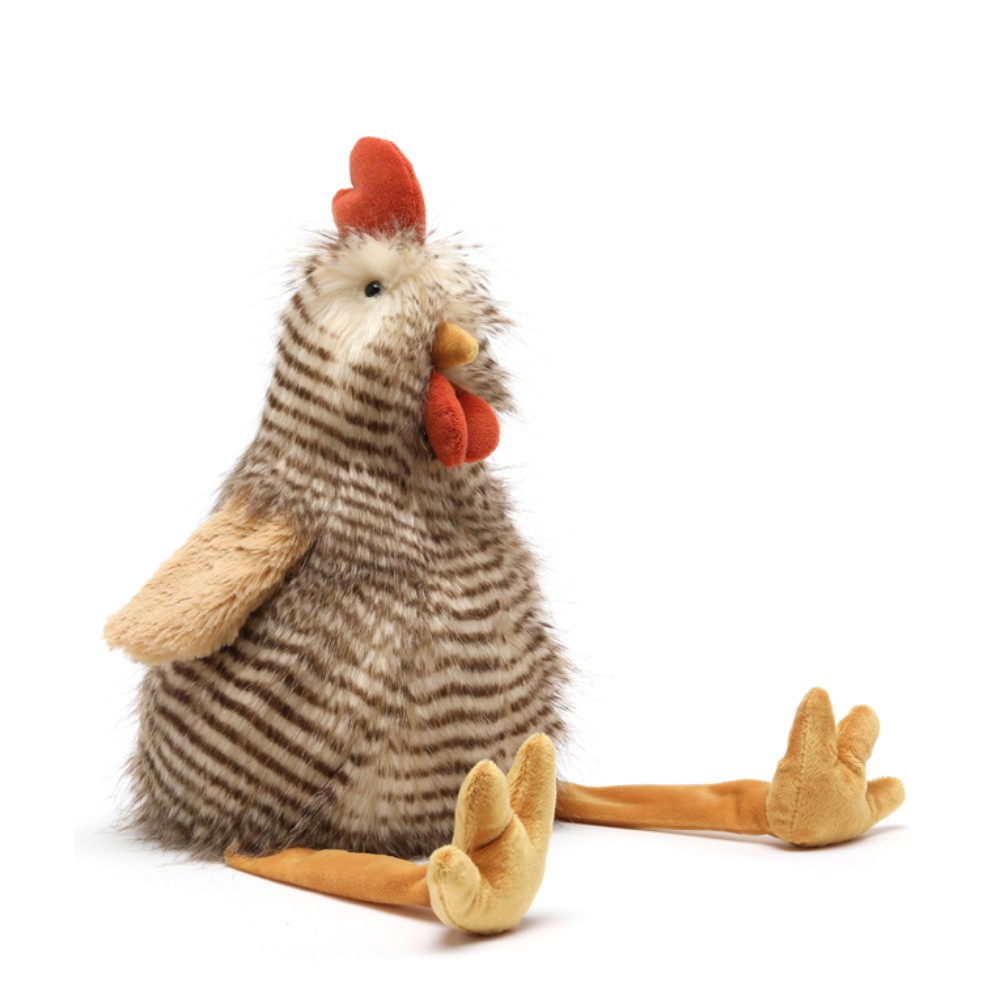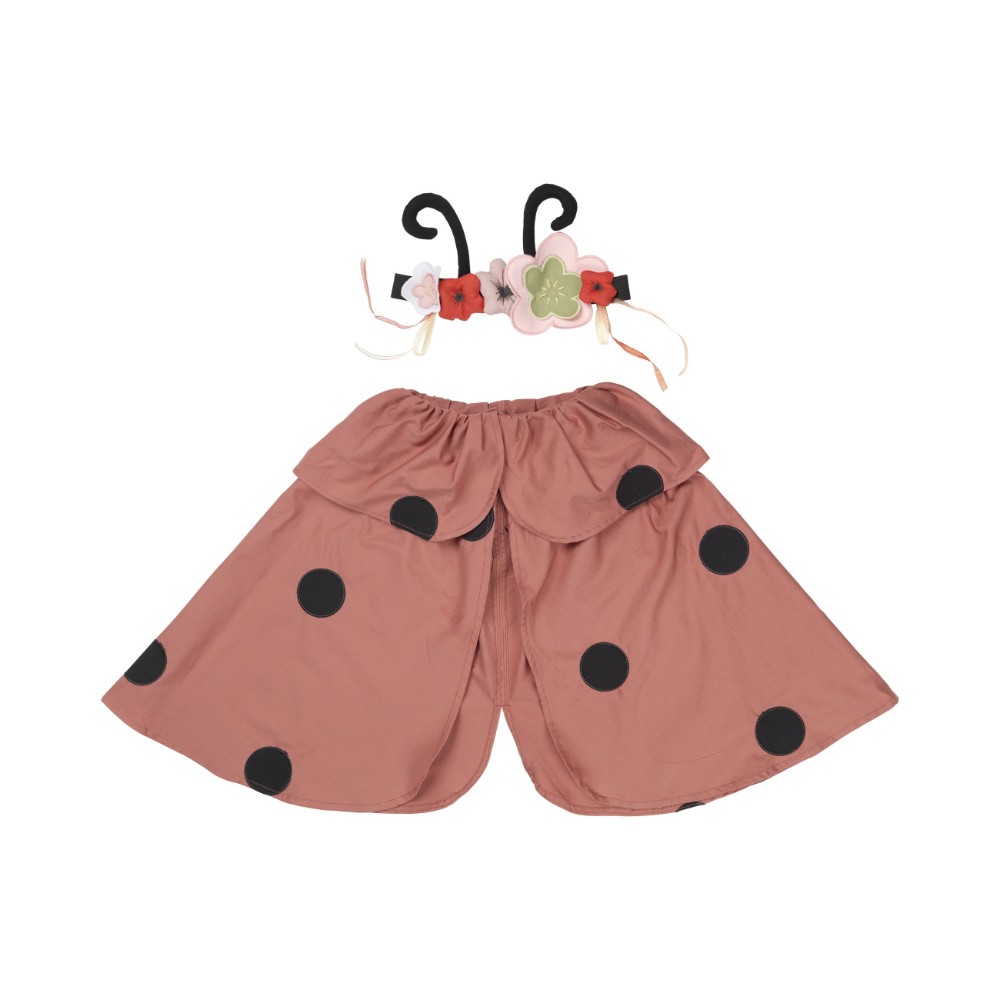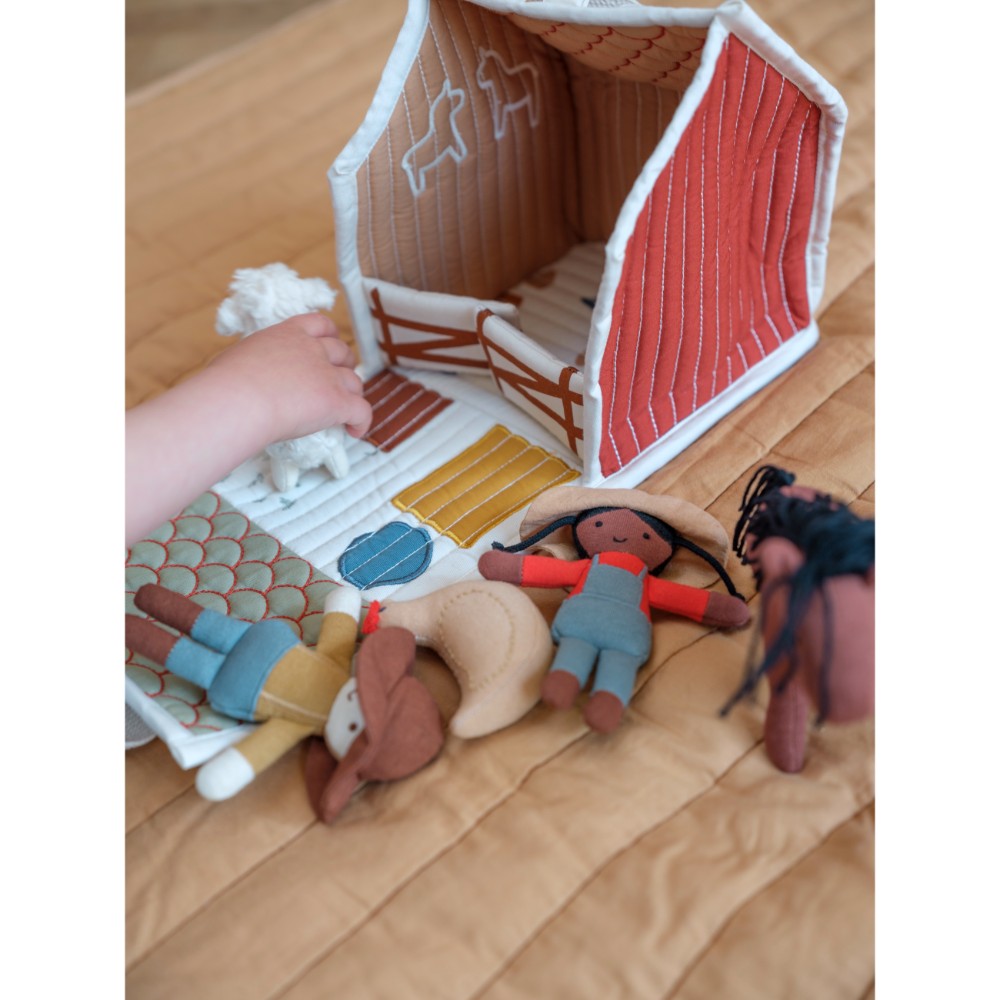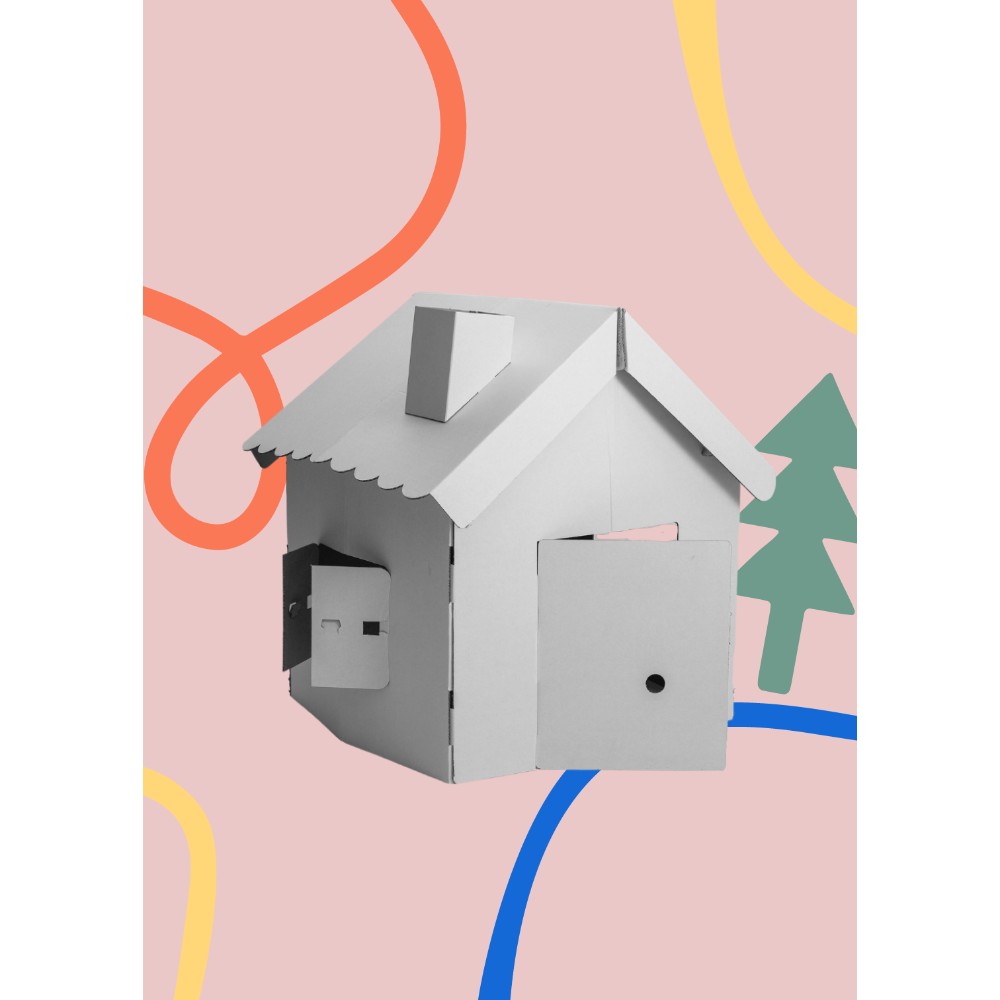Chores, or “helpful jobs” as we like to call them, have been a popular conversation topic amongst parents for many decades. Parents ask:
“Do your children have jobs around the house?”
“How do you get your kids to do their chores without nagging them?”
As our lives get busier, the challenge to get kids to participate in helpful jobs around the home can often seem like another thing for us as parents to deal with. The task of delegating and setting helpful jobs is often so fraught with challenges that, on top of ALL the other things life throws our way, can quickly land in the too hard basket.
Many of us know and appreciate the benefits that home expectations and helpful jobs have on children’s development. They build independence, support cognitive development and routines, help children develop their organisational and executive functioning skills, support relationship skills, give children a sense of responsibility that builds confidence and can teach them to be grateful for all of the ‘jobs’ that are required to be part of a household. Once implemented, the expectation that children engage in helpful jobs can help families to work better and reduce stress on caregivers.
“It’s all good in theory, but where do I even begin?”
Young children can be very capable and are often more willing to complete helpful jobs. Young children love to explore and often quite enjoy being helpful. So if it’s not already too late to start early in your house, we encourage you to start early!
If your children are a bit older and no longer the shadow toddler following you around and wanting to help, we also have some tips for you so that your children are more likely to participate and stick with it:
Tip 1: Avoid introducing helpful jobs when you are tired or stressed or it’s week 9 of a 10 week school term! You will end up spending far more time and effort for a much less effective outcome than if you wait until you have more head space and your kids are fresh. Weekends and holidays can be a great time for introducing these new routines.
Tip 2: Start small and praise often. Comments like, “I am so grateful for…”, “You did a really good job with…”, “I love it when…”, “It’s so helpful when you….” can be magic! Positive feedback will often foster more positive behaviours. Negative feedback can fuel more negative behaviours.
Tip 3: Habits can be stacked over time. There is no rush to jam pack your child’s helpful job chart, as it will likely fall apart just as quickly.
Tip 4: External rewards can have immediate effect and bribery or deals are often the default if we’re trying to get fast runs on the board. The challenge can be that external rewards rarely work for the long term and can see kids starting to expect payment or compensation for helpful jobs that are simply part of being a human and being part of a functioning household. This is not to say that pocket money isn’t a great teaching tool for kids, it absolutely is, and we’d encourage you to search The Barefoot Investor for Families book to learn more. But when it comes to helpful jobs, long lasting results are more likely from intrinsic motivators or natural outcomes. Things that make the child feel good about themselves for their actions and contribution, not for what they physically get.
Practical tips for parents to get started with helpful jobs:
- Start small.
- Choose jobs that are helpful for the whole family. For example, taking out the rubbish.
- Have a family chat about helpful jobs and encourage your child to make simple choices. For example, what time of day to complete a task or the day of the week jobs could be done.
- Have realistic but high expectations.
- Make it fun by turning jobs into games and challenges. This playful approach makes children more enthusiastic and motivated to participate actively.
- Be fair, supportive, reassuring and praise often.
- Use a list, including days, times and visuals.
- Always consider age and capabilities.
- Demonstrate the tasks initially and ongoing, as required.
- Be patient in the short-term and it will be worth it in the long-term!
- Be consistent.
Here is an example list of helpful jobs for children according to age:
Toddler
- Putting toys away in designated tubs (use clear picture labels to support this)
- Helping to make the bed by pulling up the covers.
- Wiping up spills with a cloth.
- Sorting laundry items (e.g., matching socks).
Kindergarten/Preschooler
- Setting the table for meals.
- Dusting low surfaces with a feather duster.
- Feeding pets and filling water bowls (under supervision).
- Helping to fold and put away laundry.
- Clearing their dishes from the table after meals.
Primary school
- Making their bed.
- Sweeping or vacuuming floors.
- Emptying small rubbish bins.
- Helping with meal preparation (e.g., mixing ingredients, setting out ingredients).
- Sorting recyclables from non-recyclables.
Pre-teens
- Washing dishes or loading/unloading the dishwasher.
- Taking out rubbish and recycling.
- Folding and putting away their laundry.
- Assisting with outside jobs (e.g., raking leaves, watering plants).
Teens
- Cooking snacks or simple meals (supervision may be required).
- Doing their own washing, including washing, folding and putting away.
- Mowing the lawn (supervision may be required).
- Meal planning, shopping lists and food shopping.
By introducing these jobs early and being consistent and fun, we set our kids up to see these tasks as meaningful experiences where they can take pride in their contributions. Helpful jobs help create a sense of family unity and allow parents to teach important values and work ethic. PLUS, who wouldn’t love more help around the house?!

